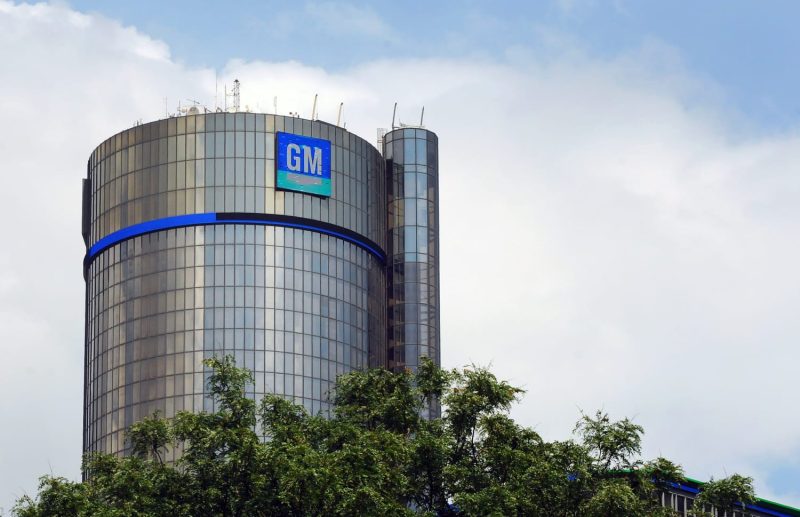In a move that has sent shockwaves through the automotive industry, General Motors (GM) recently announced the layoff of 1,000 employees as part of a major reorganization and cost-cutting effort. The decision, which was made in response to shifting market trends and the need to remain competitive in a rapidly evolving automotive landscape, has raised concerns about the impact on both the affected workers and the overall future of the company.
GM’s decision to lay off 1,000 employees comes as the company faces increasing pressure to streamline operations and reduce costs in the face of mounting challenges. The automotive industry is undergoing a period of significant transformation, with the rise of electric and autonomous vehicles, as well as changing consumer preferences, reshaping the market. In order to remain competitive and adapt to these changes, GM has embarked on a comprehensive reorganization effort aimed at improving efficiency and ensuring long-term sustainability.
While the layoffs are a difficult but necessary step for GM to achieve its strategic goals, they have understandably caused concern among the affected employees and their families. The sudden loss of jobs can have far-reaching consequences, impacting not only the livelihood of those directly affected but also the broader community in which they live. GM has stated that it is committed to providing support and resources to help affected employees transition to new opportunities, but the emotional and financial toll of such a significant change should not be underestimated.
In the wake of the layoffs, questions have also been raised about the broader implications for GM and its place in the global automotive market. Some analysts have expressed concern that the company’s cost-cutting measures may not go far enough to position GM for sustained success in the face of increasing competition and technological disruption. Others, however, see the reorganization as a necessary step to ensure GM’s long-term viability and competitiveness in a rapidly changing industry.
Ultimately, GM’s decision to lay off 1,000 employees amid reorganization and cost-cutting reflects the challenges and complexities facing the automotive industry today. As companies struggle to navigate an increasingly uncertain and dynamic market, tough decisions are sometimes needed to ensure survival and growth. While the layoffs are undoubtedly a difficult and painful experience for those involved, they may be a crucial step in GM’s journey towards a more sustainable, efficient, and competitive future in the years ahead.
